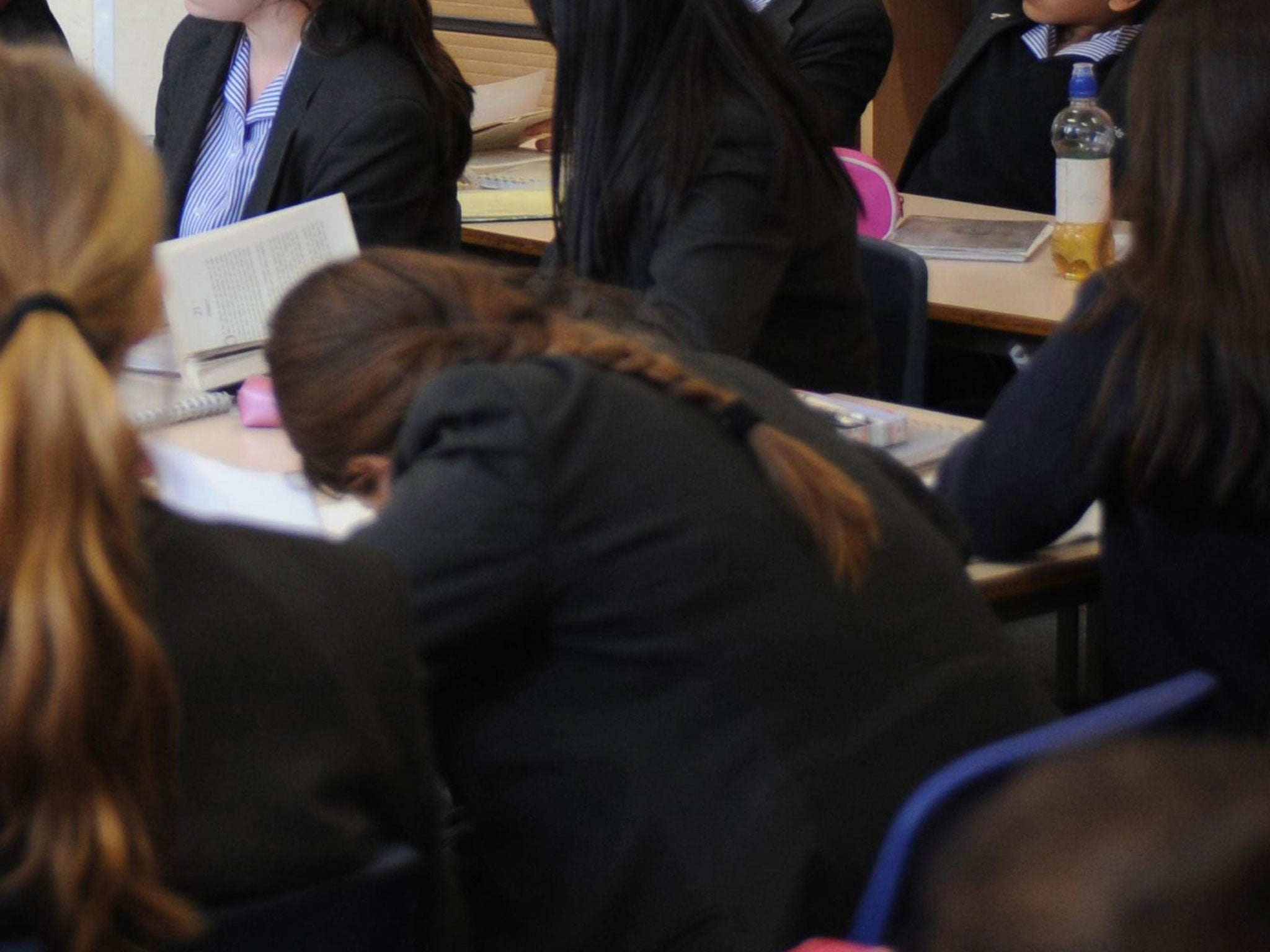Schools and businesses must work together to change perceptions of learning disabilities
With Learning Disability Week approaching, an entrepreneur with dyslexia describes how employers and the education system can work together to inspire much-needed societal change

Your support helps us to tell the story
From reproductive rights to climate change to Big Tech, The Independent is on the ground when the story is developing. Whether it's investigating the financials of Elon Musk's pro-Trump PAC or producing our latest documentary, 'The A Word', which shines a light on the American women fighting for reproductive rights, we know how important it is to parse out the facts from the messaging.
At such a critical moment in US history, we need reporters on the ground. Your donation allows us to keep sending journalists to speak to both sides of the story.
The Independent is trusted by Americans across the entire political spectrum. And unlike many other quality news outlets, we choose not to lock Americans out of our reporting and analysis with paywalls. We believe quality journalism should be available to everyone, paid for by those who can afford it.
Your support makes all the difference.Perceptions and attitudes towards learning difficulties are outdated in local schools, universities, and businesses. With Learning Disability Week set to kick off on 20 June, it’s important this event is more than just a date circled on calendars. It’s vital we work together to overturn the perception of learning disabilities, embrace our differences, and unlock the younger generation’s hidden talents.
This, though, society cannot do alone - because the change needs to come from both the education system and businesses.
Along with ten per cent of the UK population, I am dyslexic, a learning difficulty which automatically generates preconceived notions of the person suffering from it. “You’re so thick,” as I was told many times at school. It took me a long time to realise the perceived ‘barriers’ of dyslexia were ones I put in my own way, and the strength to overcome them came from valuing myself and my own ideas. My success is because of, not despite, dyslexia.
That’s why it’s essential perceptions of ‘normal’ are altered, and schools and organisations are encouraged to collaborate to embrace young people with special educational needs and disabilities (SEN).
Unearthing the hidden talents of SEN pupils can contribute to closing the skills gap, most notably in STEM careers. There are far too few pupils taking up the subjects that are required to pursue careers in science, technology, and engineering. The real point, though, is that we’ve got to, not only encourage these subjects at school, but get young people doing them through practical experience. Not only are these jobs exciting and rewarding, they are also absolutely achievable for pupils with learning difficulties.
For schools and businesses to make a difference, the change needs to start with an education process. Business owners and entrepreneurs need to forge better links with boys and girls with learning difficulties by going into schools and mentoring them, and to show them what they can achieve. At the moment, people with dyslexia may be sitting at the front of their class thinking: “I wouldn’t be able to run a business…there’s no way I could spearhead ground-breaking innovations…people like me can’t be successful in business.” Not true. Schools need to nurture the different skillsets of these young people and adopt less traditional learning patterns - to identify their special talents. Pupils must not be pigeon-holed based on people’s perceptions of their ability.
And what has been done so far? The Department for Education introduced a draft Bill in 2012 with some key measures to improve the SEN system, but today, it’s a wider issue than transparency and good practice, while those are important. There are too many young people with special educational needs out of education, training, and employment at 18. The reason for this is the education system’s continued focus on the disability label rather than actually meeting the individual’s specific needs and aspirations. The fact that many teachers feel they lack the confidence to teach SEN pupils effectively is enough to suggest a change is needed.
As a school pupil, I could never have imagined my future to have been what it is, to build a career as a dyslexic entrepreneur. But it’s brilliant that there are so many other in a similar situation, with an estimated one in five entrepreneurs in the UK being dyslexic. Just as young people with learning difficulties do things differently, so should we when helping them. The education system should work together with businesses to encourage anyone with a learning difficulty to wear the label with confidence. It’s not a negative. It’s a positive. A positive difference. It gives you a rare perspective. With a little help, these young people could flourish, realise they have a valuable talent, and be guided towards making a meaningful contribution to society.
Debra Charles is founder and CEO of software solution company, Novacroft. She is currently working to highlight the success stories of young people with learning disabilities. Click here for more information, or to take part
Join our commenting forum
Join thought-provoking conversations, follow other Independent readers and see their replies
Comments